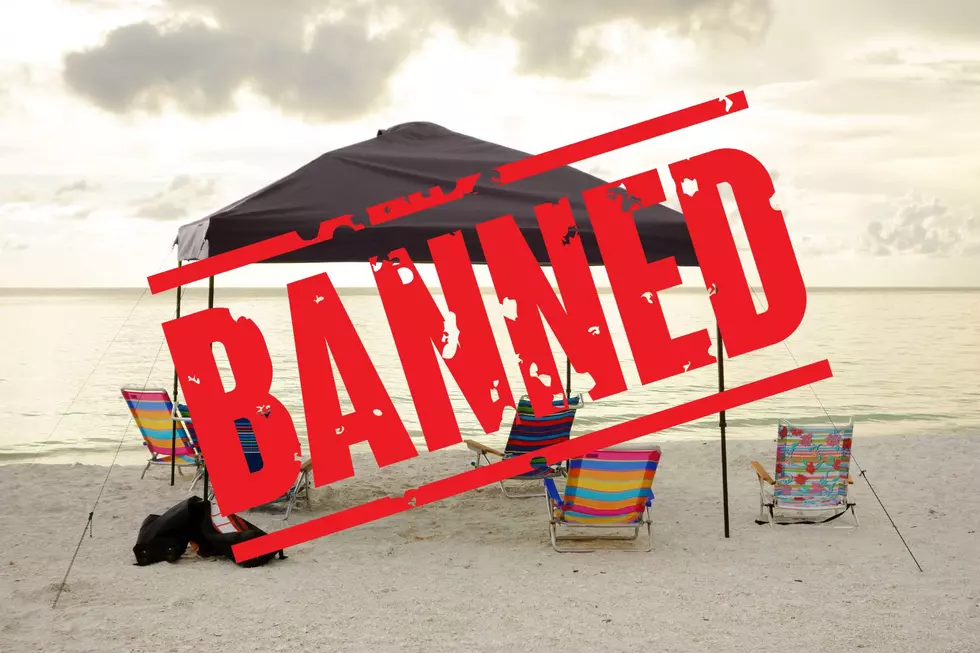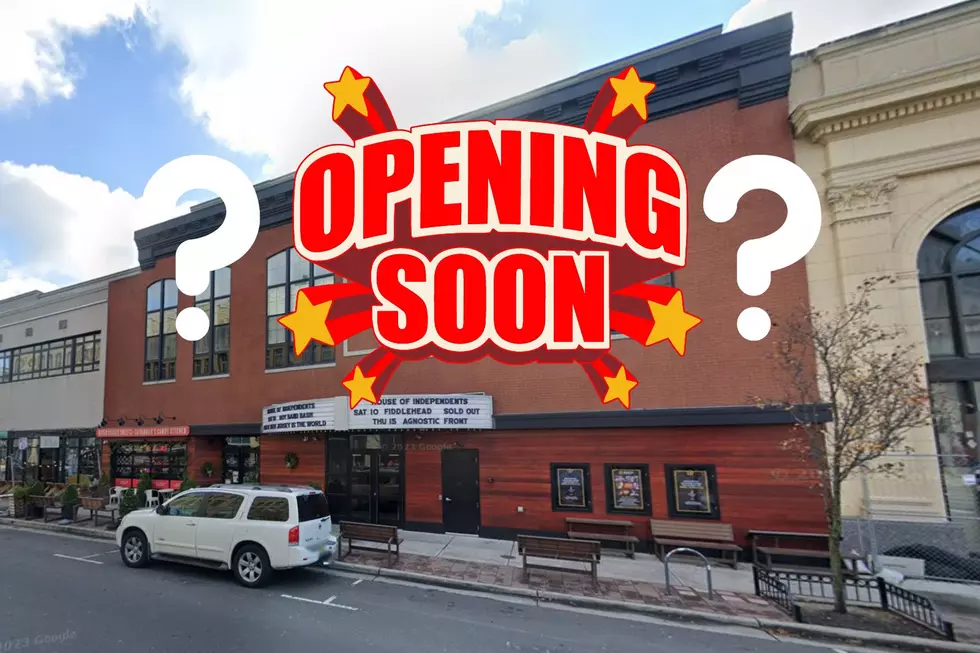
Seven NJ needle exchange centers expanding operations
As part of an effort to combat the opioid abuse epidemic, New Jersey officials are moving ahead with a plan to expand access to needle exchange programs.
The centers have been controversial because opponents believe they encourage or condone drug use. But state health officials say he program can reduce opioid overdoses and spread of HIV and hepatitis C through shared needles.
As part of a multi-agency strategy, the department plans to expand a number of services this year at seven Syringe Access Program locations in Atlantic City, Asbury Park, Camden, Jersey City, Newark, Paterson and Trenton.
Plans include increasing the number clean needles as well as harm-reduction counselors, offering stepped-up training on harm-reduction practices, and increasing supplies of drugs and equipment.
“These programs have struggled over the last 10 years for lack of support, so it’s really great that they’re going to get the support that they deserve,” said Roseanne Scotti, the director of the New Jersey chapter of Drug Policy Alliance.
She said needle exchange programs in New Jersey offer access to Narcan, which revives overdose victims.
“The (needle exchange) programs over the past 10 years have been successful in getting about 25 percent of the people who use their services into drug treatment, not just giving them a referral," she said.
“Obviously, that’s hugely important if we’re looking at an overdose crisis. Needle exchange programs often reach the hardest to reach people, people who aren’t connected to other services."
She noted the increased support for needle exchange centers will include efforts to offer expedited access to drug treatment.
“It’s very important when someone makes that decision that they want treatment that they don’t get placed on a waiting list, they don’t get told to come back in six months, that they get the help they want when they want it," she said.
She said if that was your loved one, “you would certainly want them to get the help they need and make positive change in their lives and that’s the bottom line about why it’s so important.”
Health Department spokeswoman Nicole Kirgen indicated core services offered at needle exchange centers include:
• HIV and HCV testing and counseling;
• harm reduction counseling;
• condom distribution;
• Pre-exposure Prophylaxis (PrEP) counseling and prescription;
• referral and linkage to medical care, mental health and social services, and substance use disorder treatment;
• overdose prevention education and access to Naloxone;
• fentanyl test strips and training on how to use them;
•reproductive care for women;
• safe disposal of injection equipment education; and
• education on safer injection practices and wound care.
More From 105.7 The Hawk










